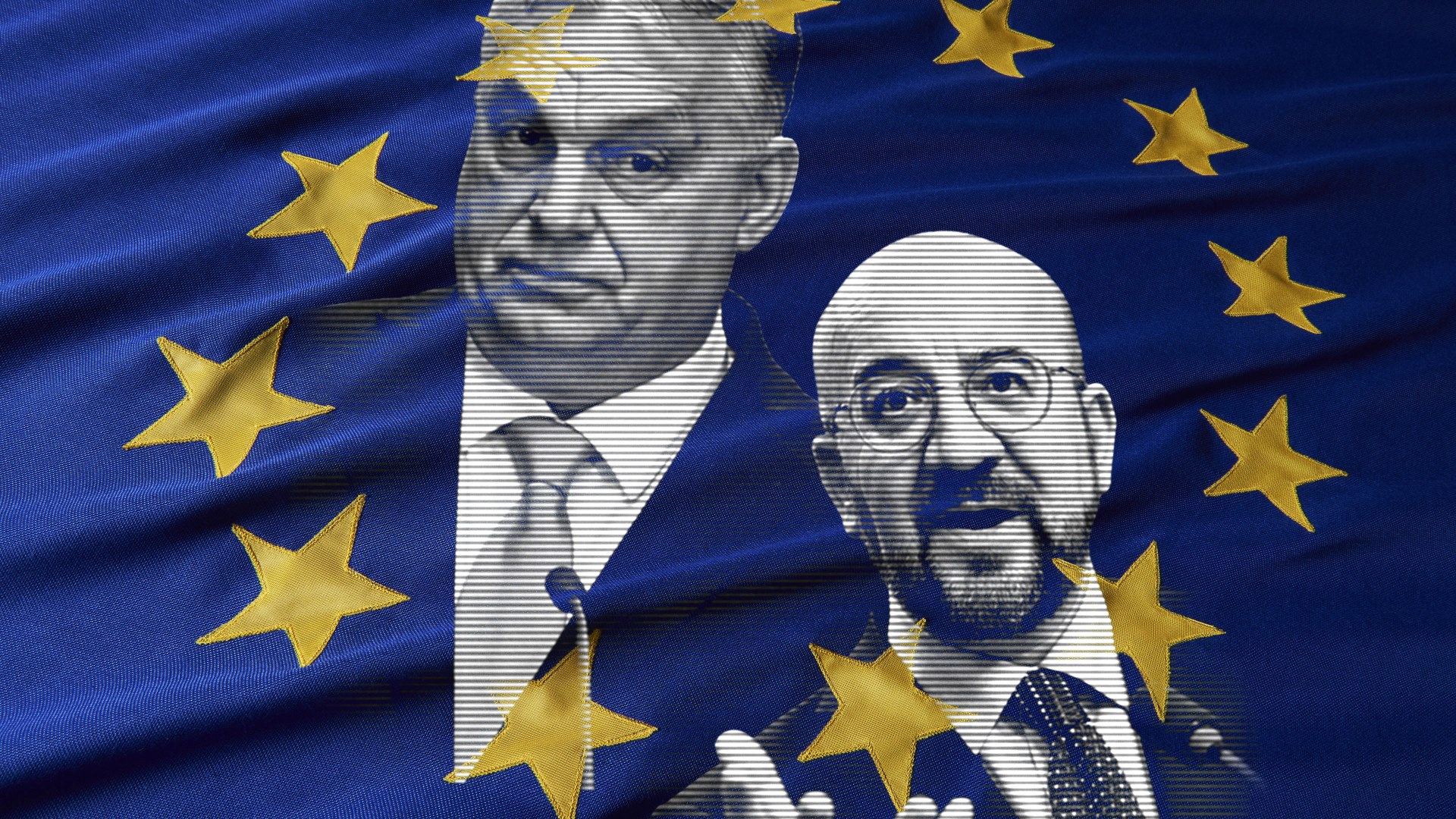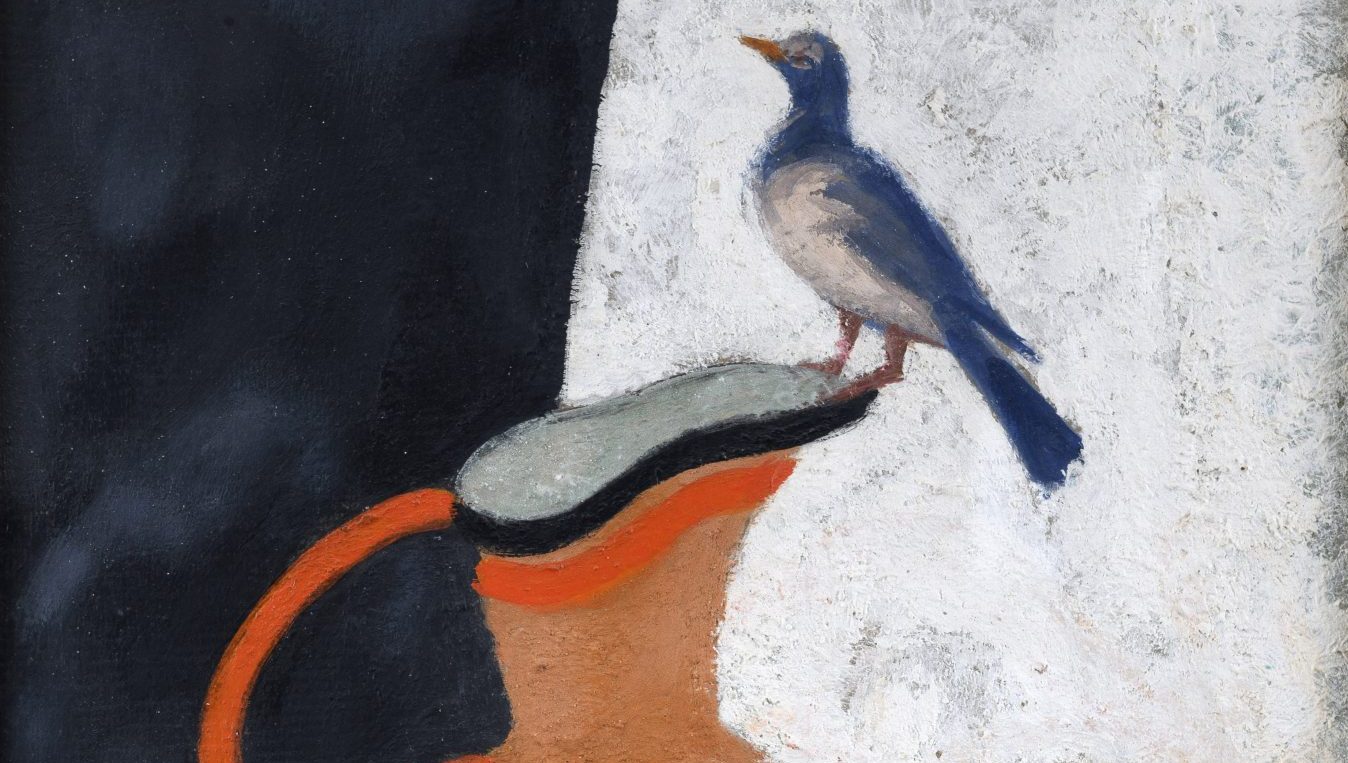Luckily, England’s Europhobe press takes very little interest in the politics of the European Union. If they did, they would have had a field day with the hokey-cokey antics of Charles Michel, the current president of the European Council, and his brush with the hard right populist Hungarian leader Viktor Orbán.
The political brinkmanship and game-playing by those two men has shown the EU in its worst light. It has also shown beyond doubt that the EU can do nothing to suppress the national sovereignty of its individual members, If anything, it amplifies it.
The political gods have blessed the European Union with not one but three presidents; of the Commission; of the Parliament; and of the Council of heads of government of the EU member states. There is also a grandly named high commissioner for external affairs which if the EU were a state (it isn’t) would be called the foreign minister. Of the three presidents, the first, the Commission president, is the only one that matters.
Brussels is still mourning the death of Jacques Delors, probably the only Commission president that a British politician or political editor could name.
Together with Margaret Thatcher he forged the European Single Market, the economic underpinning of today’s European Union, with its open borders, a single currency, and its citizens able to work, live and retire in any country – all attributes of a common European sovereignty shared by 450 million European citizens – minus us Brits.
The current president of the European Commission is Ursula von der Leyen, the LSE-educated centrist German politician. She, like all her predecessors as Commission president, is the real power-holder in Brussels. No one has ever heard of the European Parliament president, currently a Maltese politician named Roberta Metsola. The foreign policy chief can do nothing without the approval of the big governments in Europe – France, Germany, in the past always Britain.
It is the Commission president alone who can initiate legislation, allocate jobs as commissioners to national politicians and initiate big developments like Europe’s massive military and economic support to defend Ukraine. The Commission president is the fabled top Eurocrat, the legendary so-called unelected, unaccountable supreme leader of the European Community which British Europhobes over the decades, including many top Labour leaders, denounced as a succubus draining Britain of its democracy and sovereignty.
That is why when the 2009 Treaty of Lisbon was written, after the EU constitutional treaty was voted down in 2005 in France, the Netherlands and Ireland, it was decided that there should be a counterweight, representing the nation-states of the EU. The idea was that it would act as a counterweight to the power of the Commission president.
Tony Blair was especially keen on creating the new post of European Council president, which he thought would appease anti-European passions in Britain. The new president would articulate the demands and concerns of the national governments of the EU.
Alas, it hasn’t worked. The three presidents and foreign policy chief are all chosen on the basis of horse trading that would be familiar to Afghanistan’s tribal politics. Each political group in the EU – centre right, centre left, liberals, greens, nationalist identitarians, far-right and communist or far left parties, manoeuvre and deal so that each of the biggest groups who emerge from European Parliament elections – the next one due in June – share out the spoils.
The centre right European People’s Party group, dominated by German Christian Democrats, has secured the all-powerful Commission presidency that allocates money and makes the key proposals on EU policy and laws.
The first European Council president was Herman Van Rompuy, a Belgian. He was followed by Poland’s Donald Tusk, after he was ejected as prime minister by Polish voters and the nationalist anti-EU Law and Order party. And after Tusk, Charles Michel, another Belgian, entered the stage, becoming the third council president.
Tusk used the post to prepare for his return to national power in Poland last autumn. No one remembers anything van Rompuy did. His fellow Belgian ex-prime minister, Charles Michel, will probably be remembered, but not in a good way. He created a massive problem in Brussels by resigning as EU Council president so that he could run as an MEP in the June elections. And having made this apparently absurd decision he has now compounded it by abruptly changing his mind and deciding to remain as president after all.
Michel has made the office of EU Council president, already held in low regard, a laughing stock. His U-turn has made the EU as a whole look weak and poorly led at the worst possible time.
Leaders in Brussels are facing the twin challenge of a possible second Trump presidency – he despises the EU – and Vladimir Putin, who hates the idea of a democratic European future for Ukraine and the other states he seeks to manipulate, including Serbia, Slovakia and Hungary.
Charles Michel, not well known in Britain, is a French-speaking Belgian – a Walloon – who comes from a political family dynasty that controls Belgium’s small French-speaking Liberal party. His father was Louis Michel, a verbose Walloon minister and EU commissioner, who once convened an emergency meeting of European foreign ministers at one of the Council meetings to denounce the idea of intervening in Iraq. It was organised at such short notice that no interpreters were available. Michel was well into his town square rant against the EU leaders who supported action against Saddam Hussein when it was pointed out that only one minister in the room – me – understood a word he was saying!
He was right on Iraq – but his Walloon liberal emotionalism failed to impress. He was named as a European Commissioner, but resigned his post to become an MEP in 2009. His son Charles took over the family business and became an MP in his early 20s. He was the second youngest Belgian prime minister and only the second French-speaking PM in Belgium’s history. The latter point endeared him to Emmanuel Macron, especially when, in 2019, Michel’s Walloon liberal party joined Macron’s newly formed group of liberals in the European Parliament.
France has never got over the fact that the 21st-century EU has pretty much stopped speaking French. The arrival of so many new Nordic, central, east European and Balkan states whose elites all do their higher education in English has demoted French from its role as the dominant language of the EU.
Which meant that Macron was happy to promote his French-speaking Walloon fellow-liberal rightist as president of the European Council when the horse trading over top EU posts took place.
Michel has been, at best, a mediocre disappointment as president – but then things began to get embarrassing, for example when he turned up uninvited to various meetings that Ursula von der Leyen had organised with world leaders. When meeting the Turkish autocratic president Erdoğan, the Islamist misogynist invited Michel to sit alongside him, leaving von der Leyen standing like an office assistant, whose job was to serve the coffee.
The wise veteran Catalan socialist, Josep Borrell, the EU’s foreign policy chief, has had to put up with Michel blundering into hotspots like Georgia, or Azerbaijan. Michel has made unwelcome, unnecessary and confusing foreign policy statements that befuddle other leaders, as they try to work out who speaks for Europe.
But even the most cynical of Brussels officials were amazed when Michel announced that he was quitting as EU Council president to run as an MEP.
The reason he changed his mind was the hulking presence of president Victor Orbán of Hungary, whose pro-Putin government is due to take over the six-month rotating chairmanship of the European Council.
This EU Council chairmanship is largely ceremonial, as the full-time secretariat of the European Council does all the actual work in the run-up to council meetings. But if Michel had stepped down, there would have been no president in situ and Orbán would have puffed himself up, and assumed the role of boss of the European Council. The idea horrified everyone in Brussels, who made clear to Michel that his name would be mud if he left his post. So he changed his mind and is staying on.
Meanwhile Orbán – a jumped-up Putin fan-boy – was strong-armed into backing a €50bn EU economic aid package for Ukraine. He had previously objected to the support plan and had vetoed it at a meeting in December, complaining, spuriously, that it involved too much joint EU borrowing. It was made clear to Orbán that if he kept on being obstructive, the EU would invoke Article 7 of the EU to suspend Hungary from EU membership, which would have had serious economic repercussions for both Orbán and Hungary. This threat alone caused the Hungarian currency to slide and Orbán finally backed down.
Michel’s antics and Orbán’s disgraceful behaviour, as well as the possible increase in far right, populist MEPs at the June European Parliament elections, have badly dented the EU’s image as a coherent, smoothly run, economically sound, liberal democratic entity. It also shows that the idea of “super-state Europe” is a myth. Europe consists of 27 sovereign nation-states with different politics and independent leaders, all with their own occasionally infuriating views and priorities.
The decline of Britain as an economic and foreign policy power following Brexit shows that breaking up the EU into rival, frontier-closing nationalist states is not the answer. But the behaviour of Charles Michel is an example of EU leadership at its worst.
Denis MacShane is the former UK Minister of Europe. His books include Brexit: Why Britain Will Leave Europe and Labour Takes Power. The Denis MacShane Diaries 1997-2001



